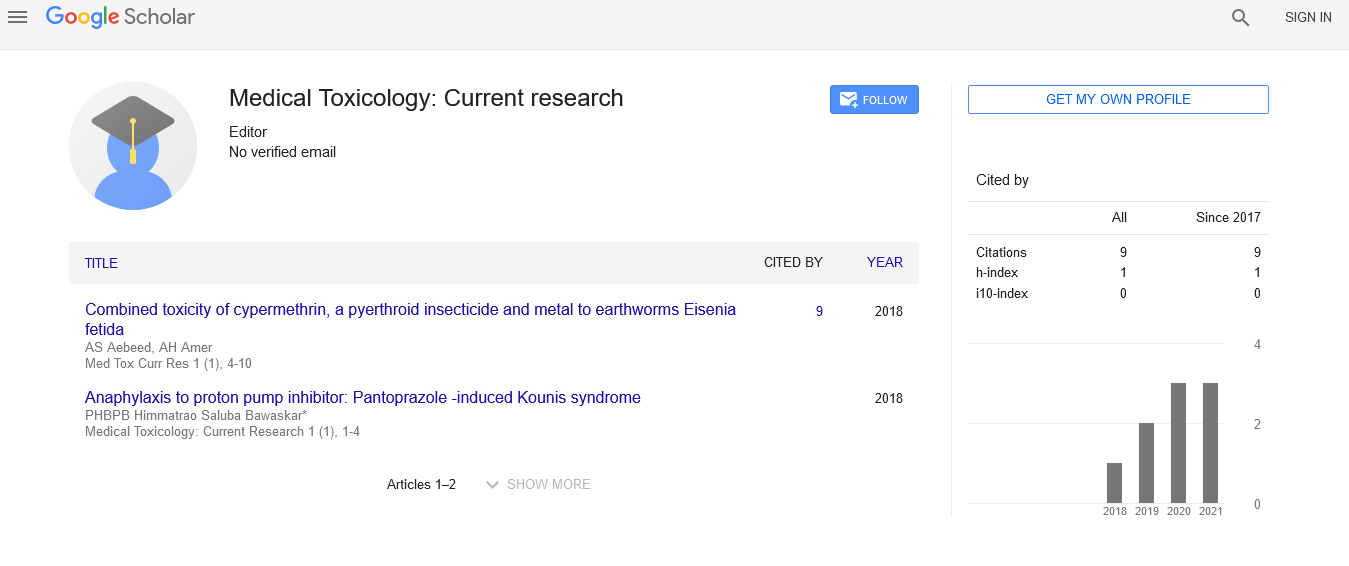
Sign up for email alert when new content gets added: Sign up
Abstract
Functional role of bitter taste receptors agonists in mesenteric and coronary arteries in a rat model of genetic obesity
Author(s): VÃtor Fernandes*Bitter taste receptors (TAS2Rs) are expressed in extra-oral tissues including systemic arteries, however, their function regulating vascular contractility during health and disease still unclear. Thus, the major aim of this study is to investigate the role of TAS2R agonists, in the regulation of mesenteric and coronary arteries in a rat model of genetic obesity, metabolic syndrome and tunicamycin-induced Sarcoplasmic Reticulum (SR) stress. Arterial mesenteric and coronary rings from Obese Zucker Rats (OZR) and their counterpart Lean Zucker Rats (LZR) or arterial mesenteric and coronary rings from Tunicamycin-Induced Sarcoplasmic Reticulum Stress Rats (T-SRS) were mounted in micro vascular myographs for isometric force recordings. Concentration-dependent curves were obtained for denatonium, chloroquine and, quinine on phenylephrine precontracted rings, in the absence or presence of specific inhibitors of Nitric Oxide (NO) synthesis (L-NOARG), or Cyclooxygenases (COX) (indomethacin). The effects of TAS2R agonists modulating the excitatory or inhibitory neurotransmission were assessed by Electrical Field Stimulation (EFS) in the absence or presence of a threshold concentration of denatonium. EFS experiments were performed on basal and pre- contracted rings. The effects of denatonium on the basal tension of coronary arteries were also examined in Zucker and T-SRS rats. Denatonium, chloroquine, and quinine induced concentrationdependent relaxations of mesenteric arteries in both LZR and OZR. The effect of denatonium to induce vasorelaxation was more pronounced in OZR than in their controls LZR. Inhibition of NO synthesis but not COX reduced the effects of denatonium to induce vasorelaxation.




